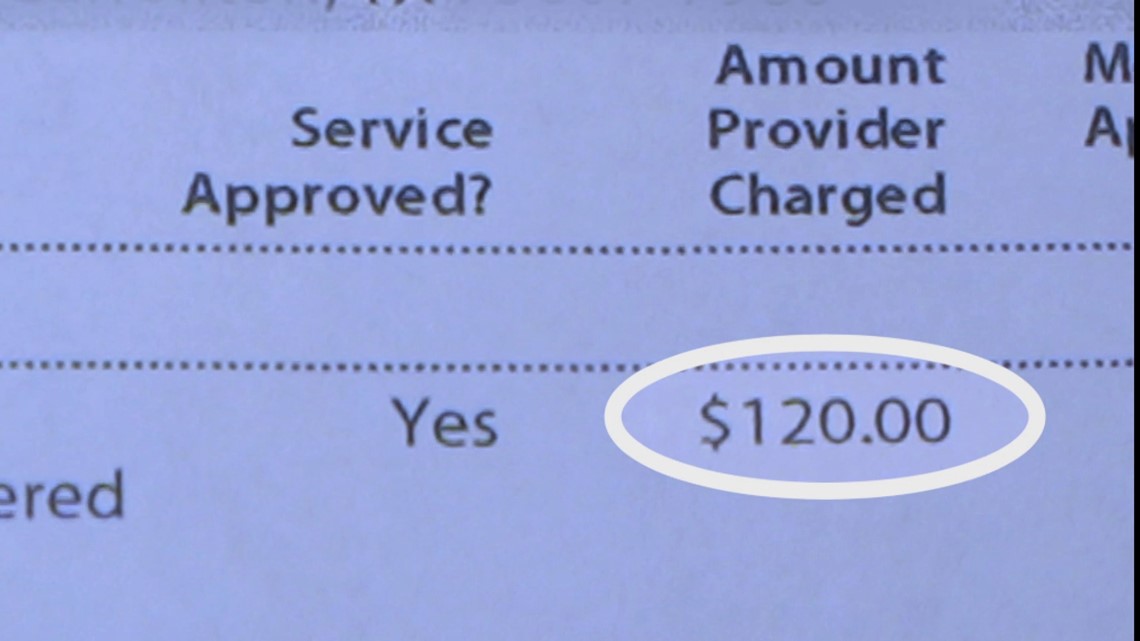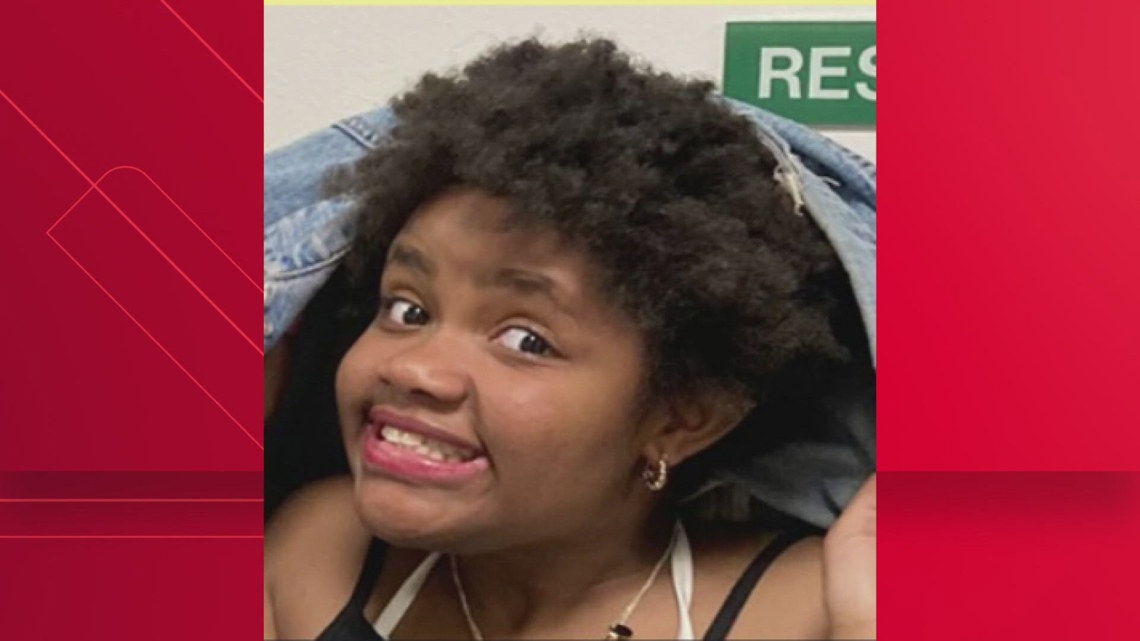Your Medicare card number may already be stolen and used to fraud taxpayers out of millions of dollars.
ELLICOTT CITY, Md. — When Ann Conlin of Ellicott City, Maryland got paperwork claiming she received a COVID-19 at-home test from a clinic in Texas, she knew there were a few problems, starting with the fact she had never been to Texas.
Then there was the fact that the price for the take-home COVID test Conlin says she never ordered nor received was listed at $120.
Conlin wasn’t charged anything. Medicare, so the taxpayers, picked up most of that bill. Conlin suspects somebody stole her Medicare card number, pretended to be her, pocketing the federal reimbursement for products never given. With chronic health conditions, getting a new Medicare number isn’t so simple:
"I have so many providers, and I had just had visions of everything getting messed up," added Conlin.


The Center for Medicare Services wrote in a statement that is has “received calls” from people around the country about this or similar scams and it is “working closely with our law enforcement partners to investigate health care fraud schemes that exploit the COVID-19 pandemic.”
It announced a $16 million against 18 defendants in April for COVID test fraud. CMS did not say how much taxpayer money it suspects scammers have taken in total with fake COVID-19 tests.
AARP’s director of fraud prevention has her suspicions: "Multi-million-dollar fraud," said Kathy Stokes.
Conlin doesn’t know how scammers got her Medicare card number, but AARP says it often happens the same way our credit card numbers are stolen: hacks and online phishing scams.
"Whether they're using your Medicare number to bill Medicare and get money for themselves, or they're selling it on the dark web so somebody can get care in your name, because they're not covered. These are the things that are happening out there." added Stokes. "Medicare is never going to contact you out of the blue to offer you something or to say there's a problem with your Medicare account and you have to call right away to solve the problem."
While Conlin and other Medicare recipients aren’t having to pay the scammers out of pocket, every taxpayer does, every time somebody gets paid for fraudulent medical bills and gets away with it.
"Everybody needs to check their medical billing, and be sure it's for them," said Conlin.
.png)









 English (US) ·
English (US) ·